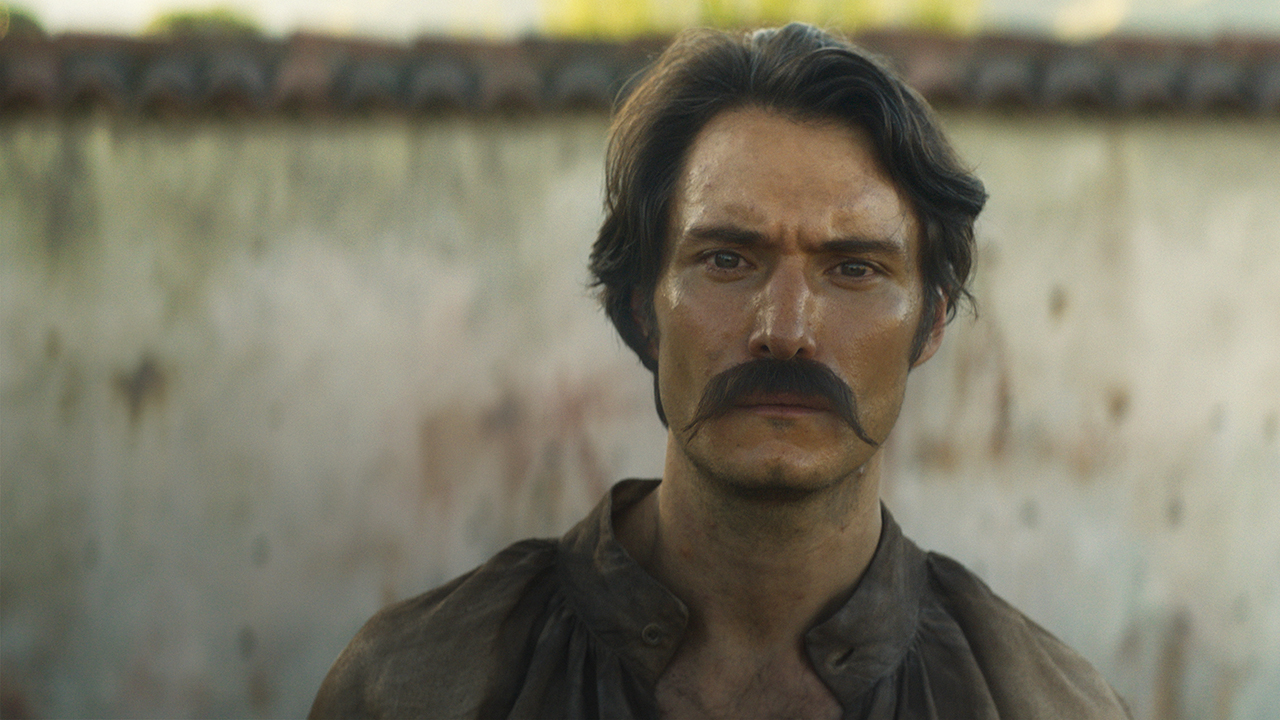In today’s fast-paced, instant-gratification society, it’s very easy to get caught up in the shallowest, most base aspects of any industry. This is especially true of Hollywood, which is very well known for being the shallow of the shallowest.
But what do we mean by shallow? We mean the most base measurements of success. Nowadays, those are Rotten Tomatoes scores and the box office. Rotten Tomatoes tends to have a big impact on what audiences think of a film, and quite frequently dictates what becomes successful and what flops at the box office. And studios, of course, are dictated by the almighty dollar. Audiences speak with their wallets, giving the studios ideas of what they want to see more of, and the cycle continues.
It’s honestly not a bad system. With as much content as we all have to consume, it helps to have these things in place to help us decide. But that’s not to say there aren’t downsides. Case-in-point, films like mother! and Blade Runner 2049 that don’t click with audiences. We say we want unique things, but when they come, we don’t give them the time of day.
Renowned director Martin Scorsese also delved into these problems in a THR guest post, and he made some good points.
“There is another change that, I believe, has no upside whatsoever. It began back in the ’80s when the “box office” started to mushroom into the obsession it is today. When I was young, box office reports were confined to industry journals like The Hollywood Reporter. Now, I’m afraid that they’ve become…everything. Box office is the undercurrent in almost all discussions of cinema, and frequently it’s more than just an undercurrent. The brutal judgmentalism that has made opening-weekend grosses into a bloodthirsty spectator sport seems to have encouraged an even more brutal approach to film reviewing. I’m talking about market research firms like Cinemascore, which started in the late ’70s, and online “aggregators” like Rotten Tomatoes, which have absolutely nothing to do with real film criticism. They rate a picture the way you’d rate a horse at the racetrack, a restaurant in a Zagat’s guide, or a household appliance in Consumer Reports. They have everything to do with the movie business and absolutely nothing to do with either the creation or the intelligent viewing of film. The filmmaker is reduced to a content manufacturer and the viewer to an unadventurous consumer.”
While he makes some solid points in all this, the problem is that as a viewer, sites like Rotten Tomatoes are helpful in today’s content-laden world. We never want to waste our time watching something that’ll only bore us. Similarly, the box office is a way to help studios direct their efforts. If they know what audiences want, they can help cater their content.
Does this lead to potentially braindead content? Absolutely. This is a double-edged sword situation, though for every big, boring blockbuster, we’re still likely to find all kinds of creative content either on VOD or on streaming services like Netflix.
What do you think of Scorsese’s thoughts? Do you agree? Let us know down below!
Don’t forget to share this post on your Facebook wall and with your Twitter followers! Just hit the buttons on the top of this page.
SOURCE: THR

 FOR FANBOYS, BY FANBOYS
Have you checked out LRM Online’s official podcasts and videos on The Genreverse Podcast Network? Available on YouTube and all your favorite podcast apps, This multimedia empire includes The Daily CoG, Breaking Geek Radio: The Podcast, GeekScholars Movie News, Anime-Versal Review Podcast, and our Star Wars dedicated podcast The Cantina. Check it out by listening on all your favorite podcast apps, or watching on YouTube!
Subscribe on: Apple Podcasts | Spotify | SoundCloud | Stitcher | Google Play
FOR FANBOYS, BY FANBOYS
Have you checked out LRM Online’s official podcasts and videos on The Genreverse Podcast Network? Available on YouTube and all your favorite podcast apps, This multimedia empire includes The Daily CoG, Breaking Geek Radio: The Podcast, GeekScholars Movie News, Anime-Versal Review Podcast, and our Star Wars dedicated podcast The Cantina. Check it out by listening on all your favorite podcast apps, or watching on YouTube!
Subscribe on: Apple Podcasts | Spotify | SoundCloud | Stitcher | Google Play




